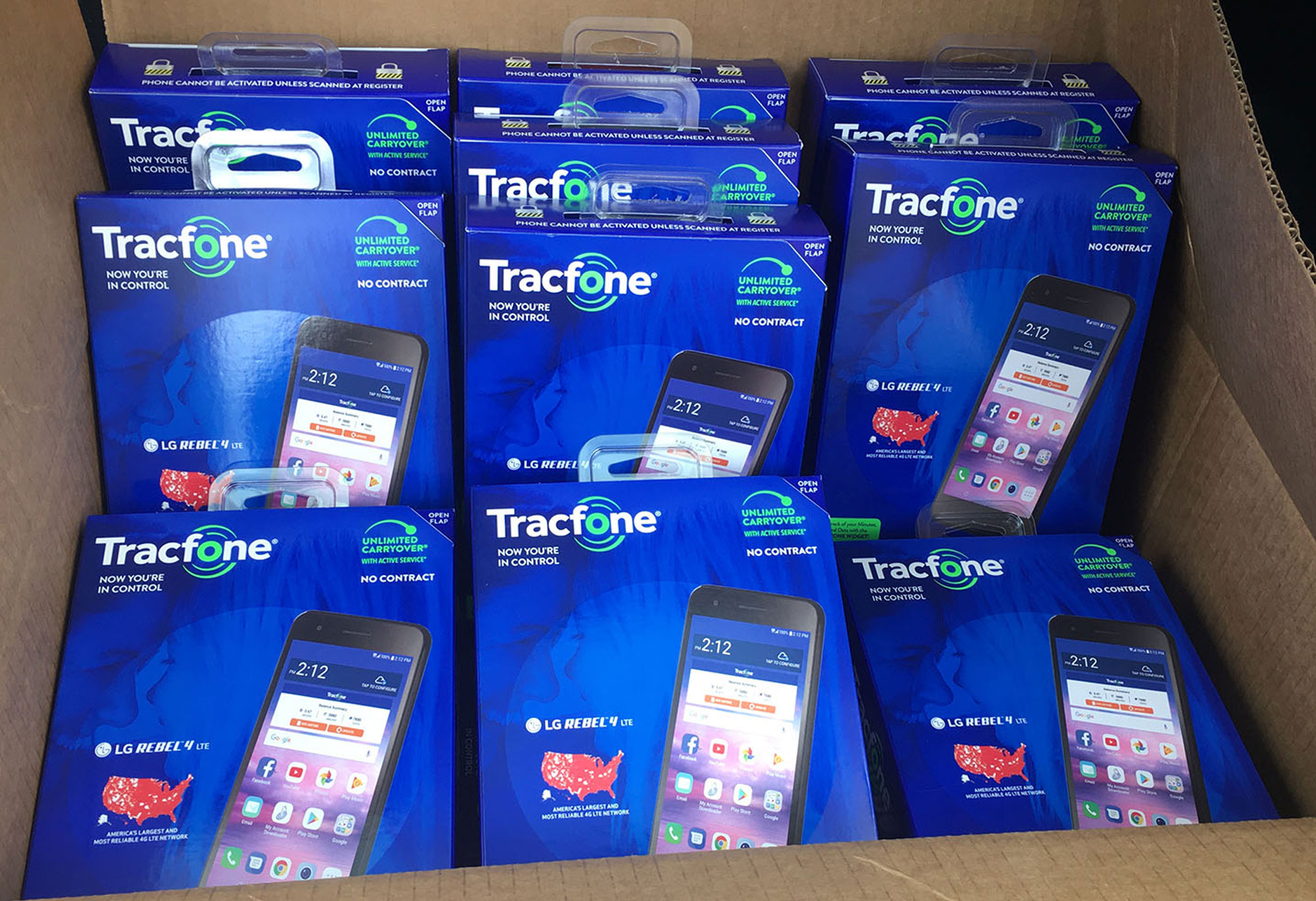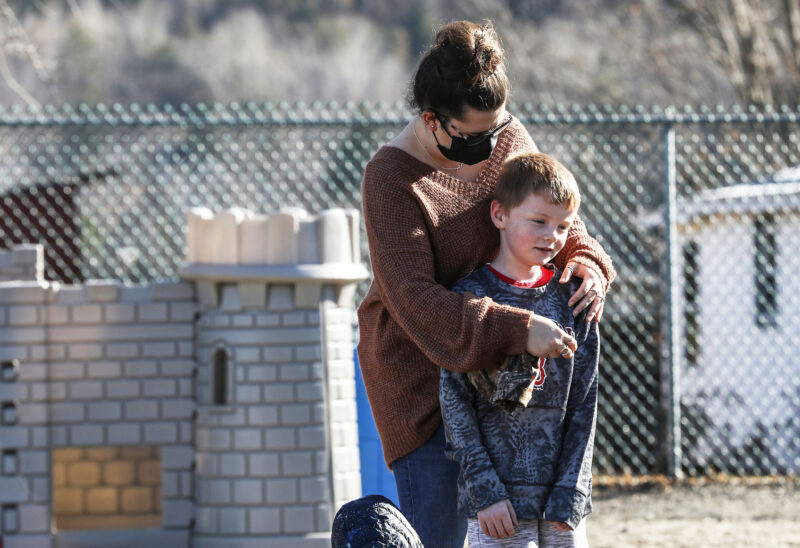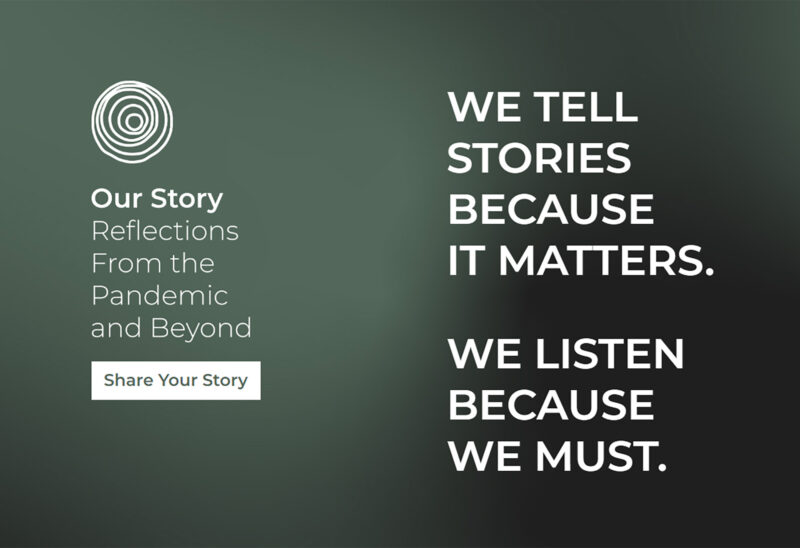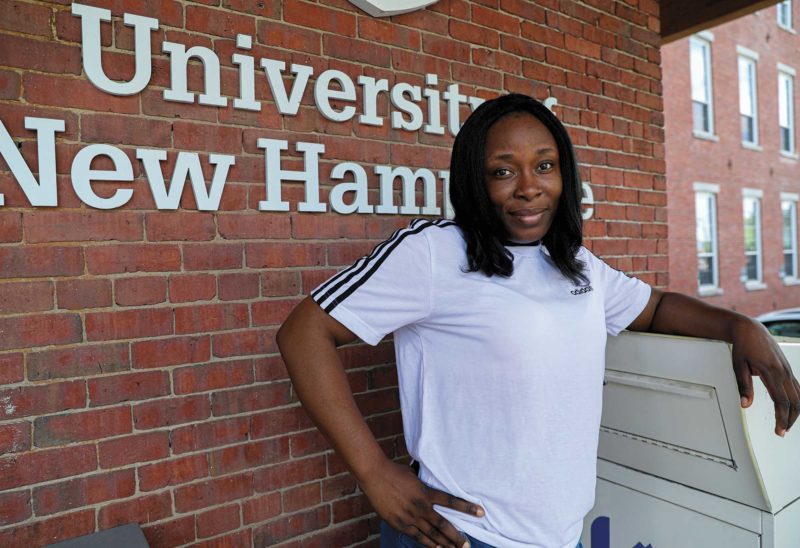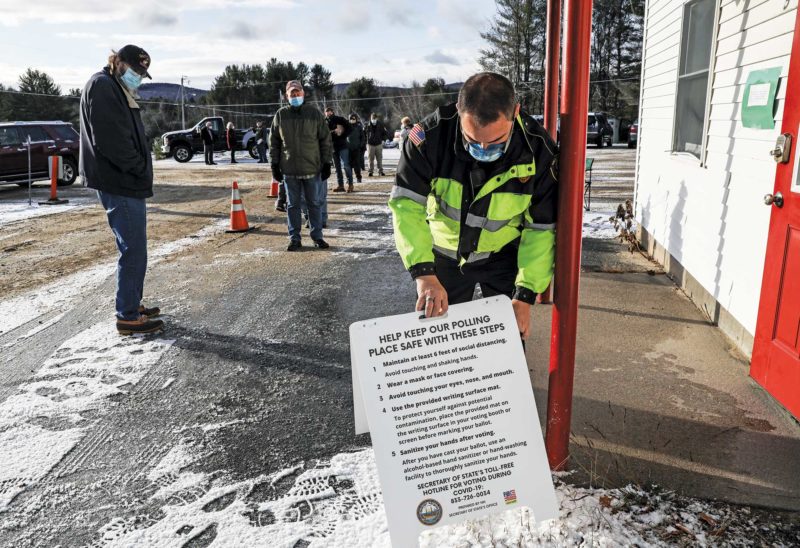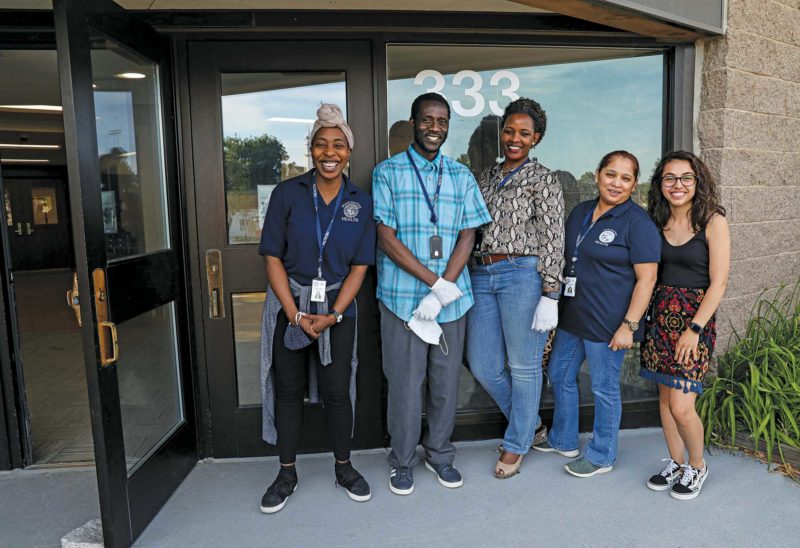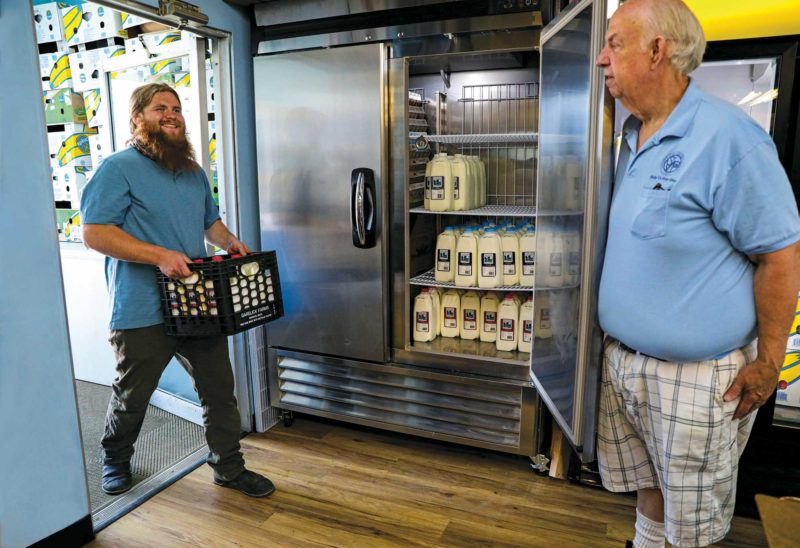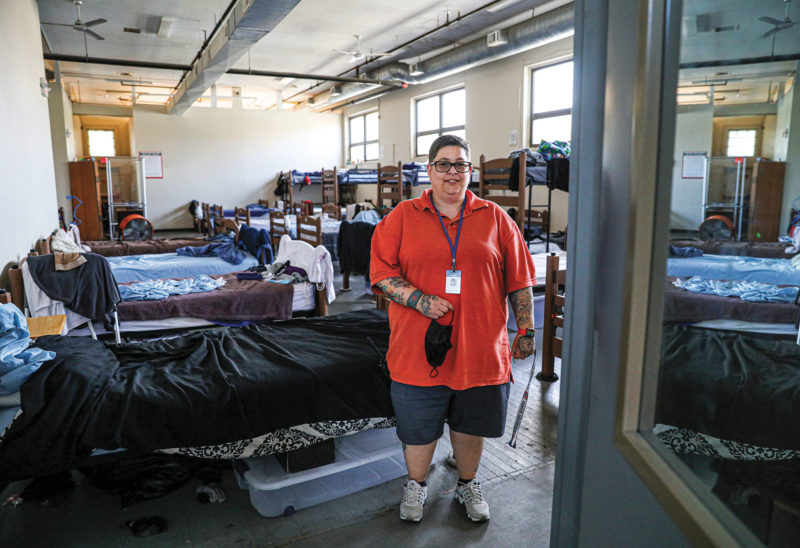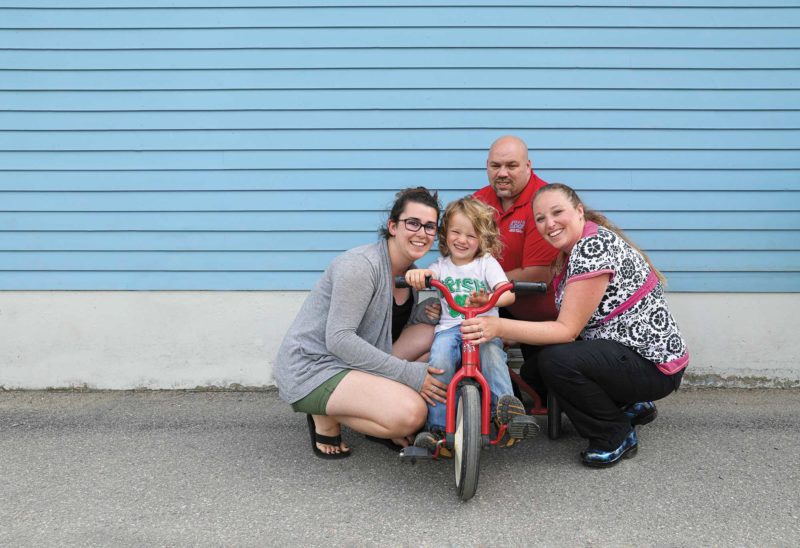The young people served by Waypoint’s Runaway and Homeless Youth program often couch-surf, living with friends’ families, or in sheds without electricity or running water, or in cars — or on the streets. Many spend long stretches of time in coffee shops and other public places, blending in, relying on free wifi to stay connected to the world — and to critical services.
When the COVID-19 crisis hit, public places closed, and with them the ability to use free wifi to stay connected.
“These are the kids that are the most vulnerable,” said Erin Kelly, who directs the Waypoint Runaway and Homeless Youth program. “And they didn’t have means of communication. Things like telehealth or remote case management — those couldn’t happen.”
The urgency of the situation was clear: These young people needed phones that were not reliant on wifi so they could call for help, and they needed grocery cards and gas cards.
An emergency-response grant from the Charitable Foundation helped meet those urgent needs.
Just over $16,000 went to purchase grocery cards, gas cards, cell phones and phone cards to help these youth stay connected — and help Waypoint continue to serve as their lifeline.
One young man is living in a shed in a friend’s yard. His family does not accept him because he is transgender. A phone and phone card allowed him to stay in touch with his case manager at Waypoint, to access emotional support and contact Waypoint’s drop-in center so he would know when he could pick up food.
The Waypoint Runaway and Homeless Youth program serves young people in Manchester and on the Seacoast and provides referral services and connection to basic needs for young people statewide. It serves about 1,500 people each year, providing intensive case-management services to about 400. It is one of many programs and services that Waypoint (formerly Child and Family Services) provides for young people and families in New Hampshire.
When the COVID crisis hit, couch-surfing possibilities for homeless youth also dwindled, as people feared exposing households to the virus — which made daily living for these vulnerable young people even more perilous. New Hampshire — unlike all of its neighboring states — has no homeless shelter dedicated to youth and young adults.
“One of the things about COVID is that it highlighted an already-existing problem: We have a significant and growing issue with youth and young-adult homelessness in New Hampshire,” Kelly said.
To give to support the services that Waypoint provides, visit waypointnh.org.

